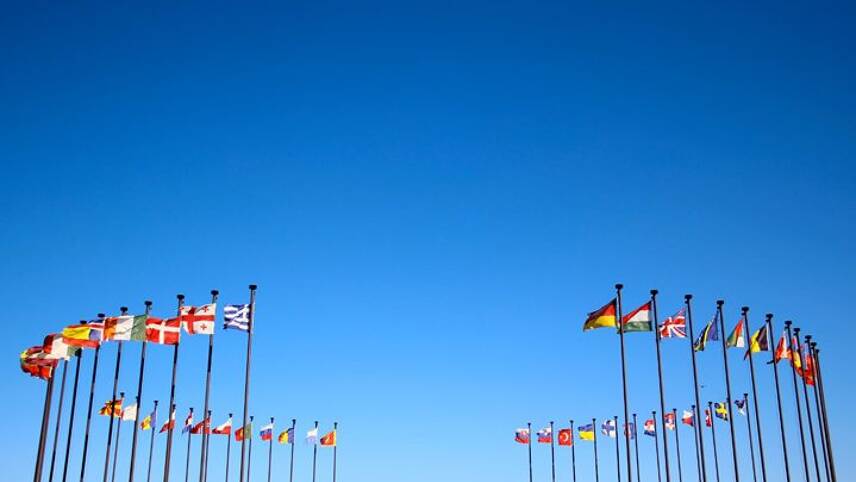Register for free and continue reading
Join our growing army of changemakers and get unlimited access to our premium content

In Fiji – the first country in the world to ratify that accord – residents try to recover from one of the region’s fiercest storms, as sea level rise and coastal erosion continues to displace people.
In Berlin, researchers publish a new report which claims humans are responsible for virtually all of the observed global warming since the mid-20th century, adding to the ever-growing list of global warming attribution studies that have arrived at the same general result.
In Vancouver, UN climate chief Christiana Figueres receives a standing ovation – which may have brought back some memories – after delivering an inspirational TED Talk on climate change, where she proclaims: “We’re going to have to decide between zero benefit for all or living life as the sum of all of us.”
And in London, Labour MP Mary Creagh summarises the findings of a public enquiry from the Environmental Audit Committee – which she chairs – into the green merits and drawbacks of Britain’s EU membership.
“Environmental problems don’t respect borders,” says Creagh, as the report concludes that membership of the EU has benefited the UK environment, and a Brexit would result in “long and tortuous negotiations” with our European partners.
“Pollution doesn’t respect borders” EAC Chair @MaryCreaghMP on the environmental benefits of #EU membershiphttps://t.co/p6szWIMrc6
— Env Audit Committee (@CommonsEAC) 19 April 2016
The need for the world’s nations to collaborate on environmental issues has never been clearer – now is certainly not the time for Britain to pull up the drawbridge and take on the challenge of climate change mitigation alone.
But what is also important to remember during discussions about both the signing of the Paris agreement and the environmental impact of the EU referendum is that the global transition to a decarbonised, highly-resilient economy is being largely driven by business – regardless of national boundaries.
After a week that has seen M&S make a bold sustainable seafood pledge; Aviva turn to on-site sustainability solutions; RBS ramp up its green finance; Accor turn to localised food production; and Adidas unveil an ambitious new CSR strategy – companies from a variety of industries are now championing long-term viability. And the ingenuity and excitement surrounding this green industrial revolution is spreading from the private sector through to national governments, as we unilaterally begin to realise that climate action is actually in everyone’s best interests.
It is understandable, then, that there has been little appetite among green businesses for a ‘leap into the darkness’ of Brexit upon the 23 June referendum. As edie’s own readers have voiced, departing from the Union opens up too many uncertainties for businesses at a time when the green economy is moving from strength to strength.
And so it is equally understandable that the anticipated signing of the Paris agreement on Friday – which, fittingly, takes place on Earth Day 2016 – is being referred to as one of the most symbolic moments in the history of mankind.
“We have a shift in the economic equation,” says Figueres in her TED talk in Vancouver, as she provides an inside story of last year’s historic COP21 agreement. “With that – with broader support from everyone – it did not take very long before we saw that national governments woke up to the fact that this is in their national interest.
“We’ve done it once. We can do it again.”



Please login or Register to leave a comment.